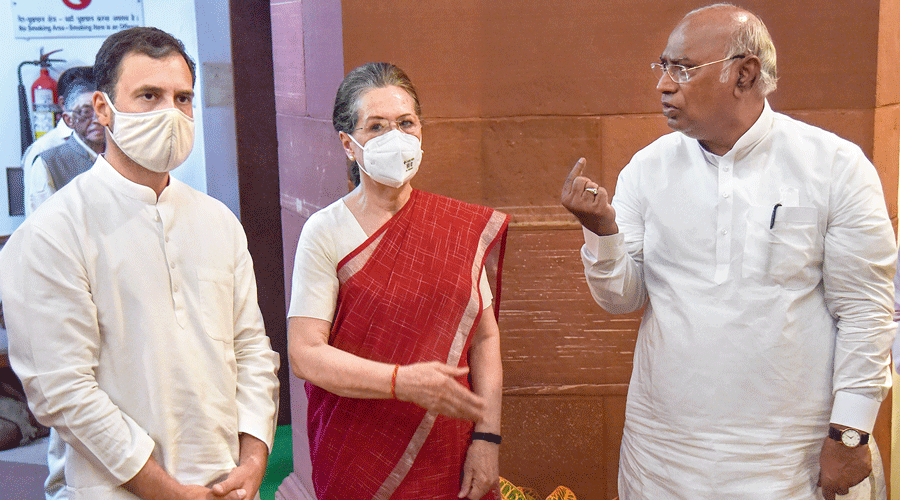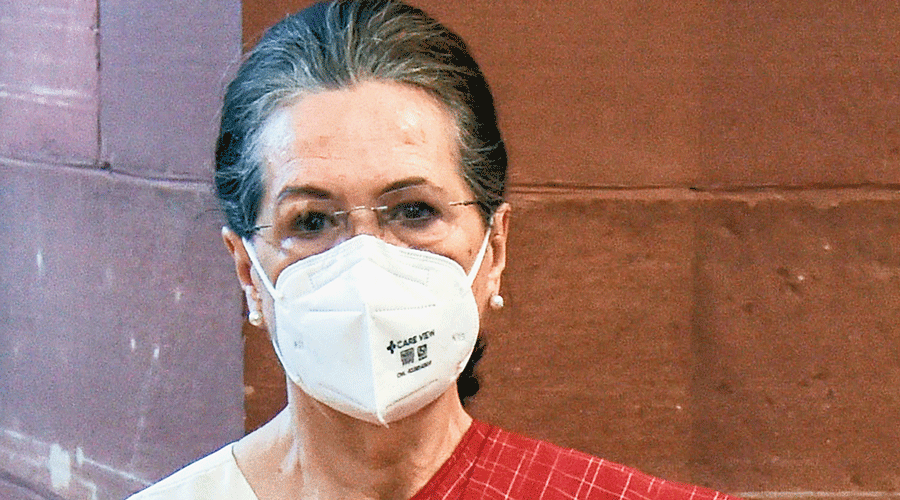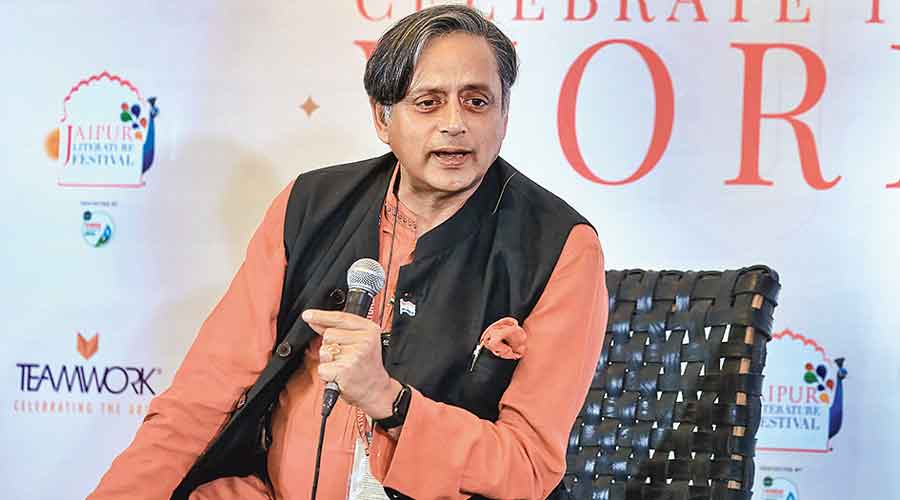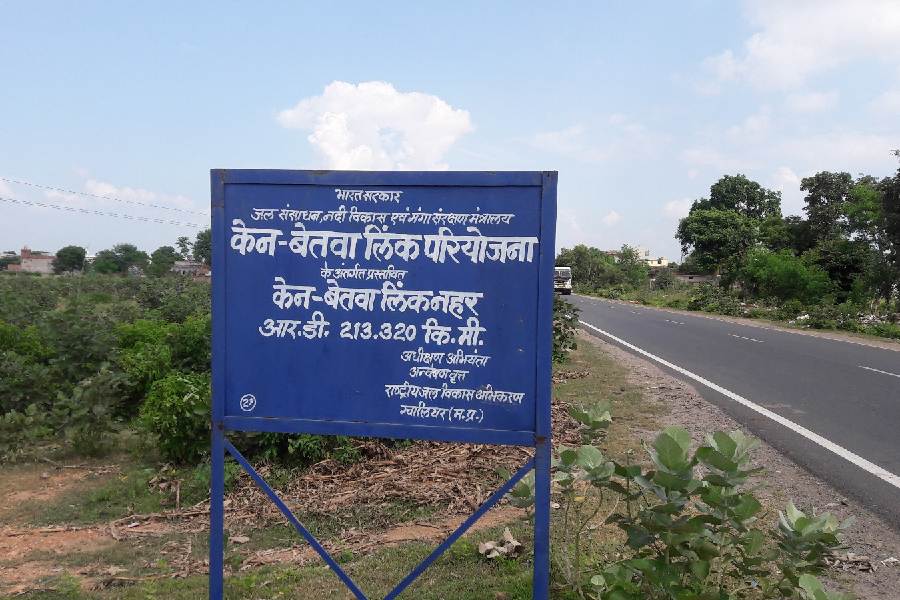Congress president Sonia Gandhi on Tuesday accused the BJP of consciously pursuing a divisive agenda and the politics of intimidation, making it a regular feature of Indian polity.
Addressing Congress parliamentarians, Sonia said: “The divisive and polarising agenda of the ruling party and its leaders has now become a regular feature of the political discourse in state after state. History — not just ancient but also contemporary — is mischievously distorted and facts are maliciously invented to add fuel to this agenda. It is for us all to stand up and confront these forces of hate and prejudice.”
Asserting that the Congress would not allow these forces to damage the bonds of amity and social harmony, she pointed to attempts to silence critics and political opponents through coercive measures.
“The ruling establishment continues to target the Opposition, its leaders and workers. The full might of the state machinery is unleashed against them. Maximum governance to those in power clearly means spreading maximum fear and intimidation. Such blatant threats and tactics will not frighten or silence us, nor will we get cowed down,” she said.

Congress chief Sonia Gandhi and party leaders Rahul Gandhi and Mallikarjun Kharge at Parliament on Tuesday. PTI Photo
Apart from the government’s performance — Sonia insisted its attitude had not changed despite the mounting problems and crises — the Congress’s internal affairs seemed to weigh on her mind as she stressed the need for unity in the party and made conciliatory gestures to the veteran architects of the G-23.
“Four of our very senior and experienced colleagues have just retired from the Rajya Sabha. More will retire before we meet next. Each and every one of them has contributed much during their tenure. I thank them all. I am sure they will all remain involved in some way or the other in public and political life, and continue to work to strengthen our party,” Sonia said.
“I am very well aware how disappointed you are at the recent election results. They have been both shocking and painful. The Congress Working Committee has met once to review our performance. I have met with other colleagues too. I have received many suggestions on how to strengthen our organisation. Many are pertinent and I am working on them. Holding a (chintan) shivir is also very necessary. That is where the views of a larger number of colleagues and party representatives will be heard. They will contribute to put forward a clear road map on the urgent steps to be taken by our party on how best to meet the challenges we are confronted with.”
This seemed a signal to veterans such as Ghulam Nabi Azad and Anand Sharma, who are no longer in Parliament, that their political role hasn’t ended and that the spirit of collective leadership would get reinforced at the brainstorming session that may be held this month.
Sonia said: “The road ahead is more challenging than ever before. Our dedication and determination, our spirit of resilience is under severe test. Unity at all levels of our vast organisation is of paramount importance, and speaking for myself, I am determined to do whatever is needed to ensure it.”
She argued: “Our revival is not just a matter of importance to us alone — it is, in fact, essential for our democracy itself and indeed for our society as well.”
The plight of the Congress, worsened by internal dissensions, has caused deep concern in the Opposition camp and Sonia appears to be finally waking up to the need to set the house in order.
Asking the party to sustain the “Mehngai-mukt Bharat” campaign, she said: “The prices of cooking gas and oil, petrol, diesel, fertilisers and other essential commodities have risen to unbearable limits — and continue to rise. In matters of governance, it is inevitable that some do the real work and lay the foundations while others claim the credit. I am glad that at least two landmark initiatives of the Congress-led UPA government, much criticised by no less a person than the Prime Minister, have turned out to be saviours for crores of our people in the last two years. I am, of course, referring to the National Food Security Act and the MGNREGA.”












